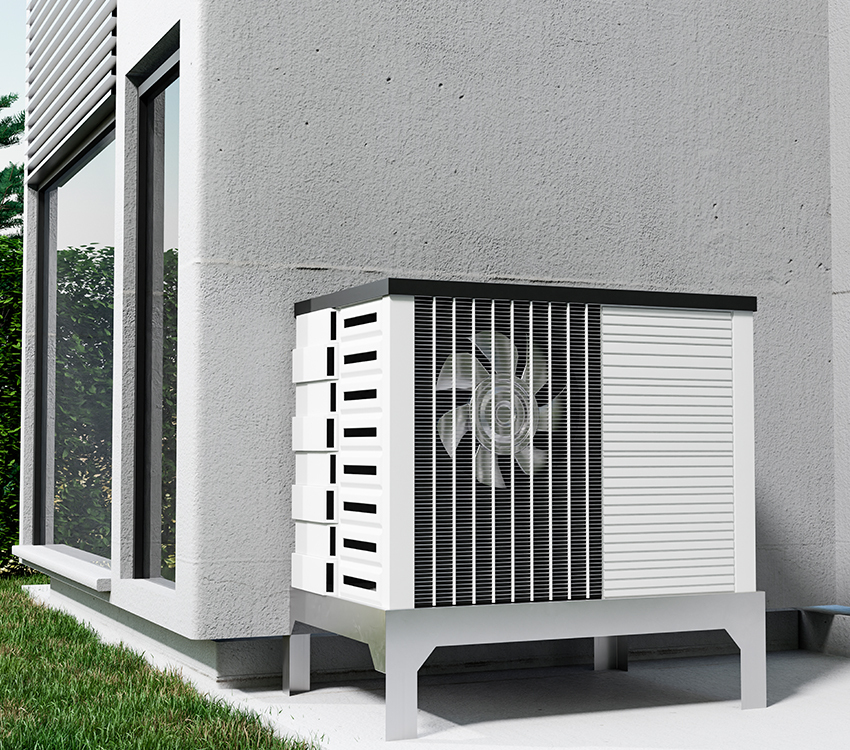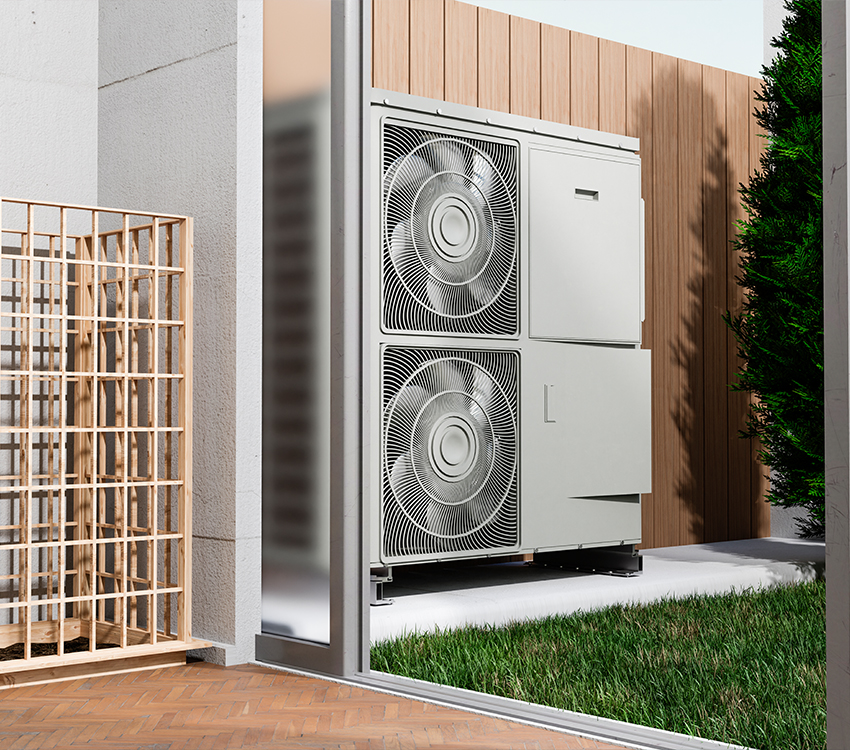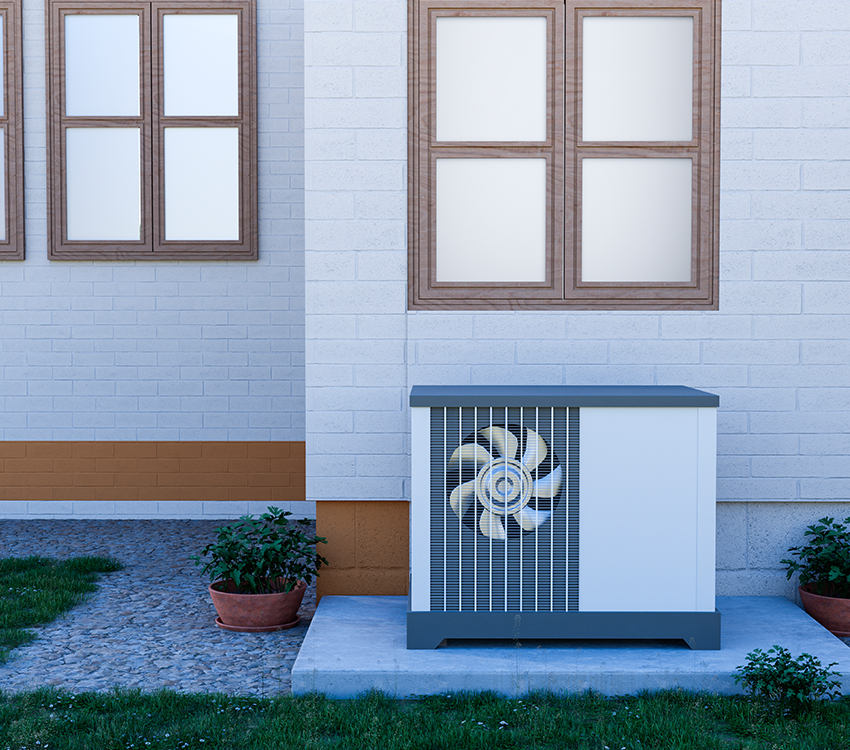1. Renewable Energy Utilization:
ASHPs harness heat from outdoor air, functioning efficiently even in colder climates to warm interiors and water. By utilizing ambient air as a heat source, they qualify as a renewable energy technology, promoting environmental sustainability and diminishing dependency on fossil fuels.
2. Superior Efficiency:
ASHPs boast remarkable efficiency in transforming air energy into heat for residential use. Contemporary ASHP models yield multiple units of heat per unit of electricity, leading to substantial energy conservation when contrasted with conventional heating setups.


3. Reduced Operational Expenses:
ASHPs typically result in reduced operational expenses when compared to traditional heating systems, particularly in areas with milder climates. Although the initial outlay for an ASHP may be higher, the long-term savings on energy and utility bills can outweigh this initial investment.
4. Flexibility:
ASHPs offer versatility by catering to both space and hot water heating requirements in residences. They seamlessly integrate with various heating systems like radiators, underfloor heating, or fan coil units, ensuring efficient and comfortable heating across the entire home.
5. No Need for On-Site Fuel Storage:
ASHPs eliminate the need for on-site fuel storage, unlike systems relying on fossil fuels such as oil or gas. This minimizes risks related to leaks, spills, or emissions from fuel storage tanks, enhancing safety and decreasing maintenance tasks for homeowners.
6. Possibility of Government Support:
Numerous regions offer government incentives, rebates, or tax credits to promote the adoption of renewable energy technologies like ASHPs. These incentives serve to alleviate the initial installation costs, rendering ASHPs a financially appealing choice for homeowners.
